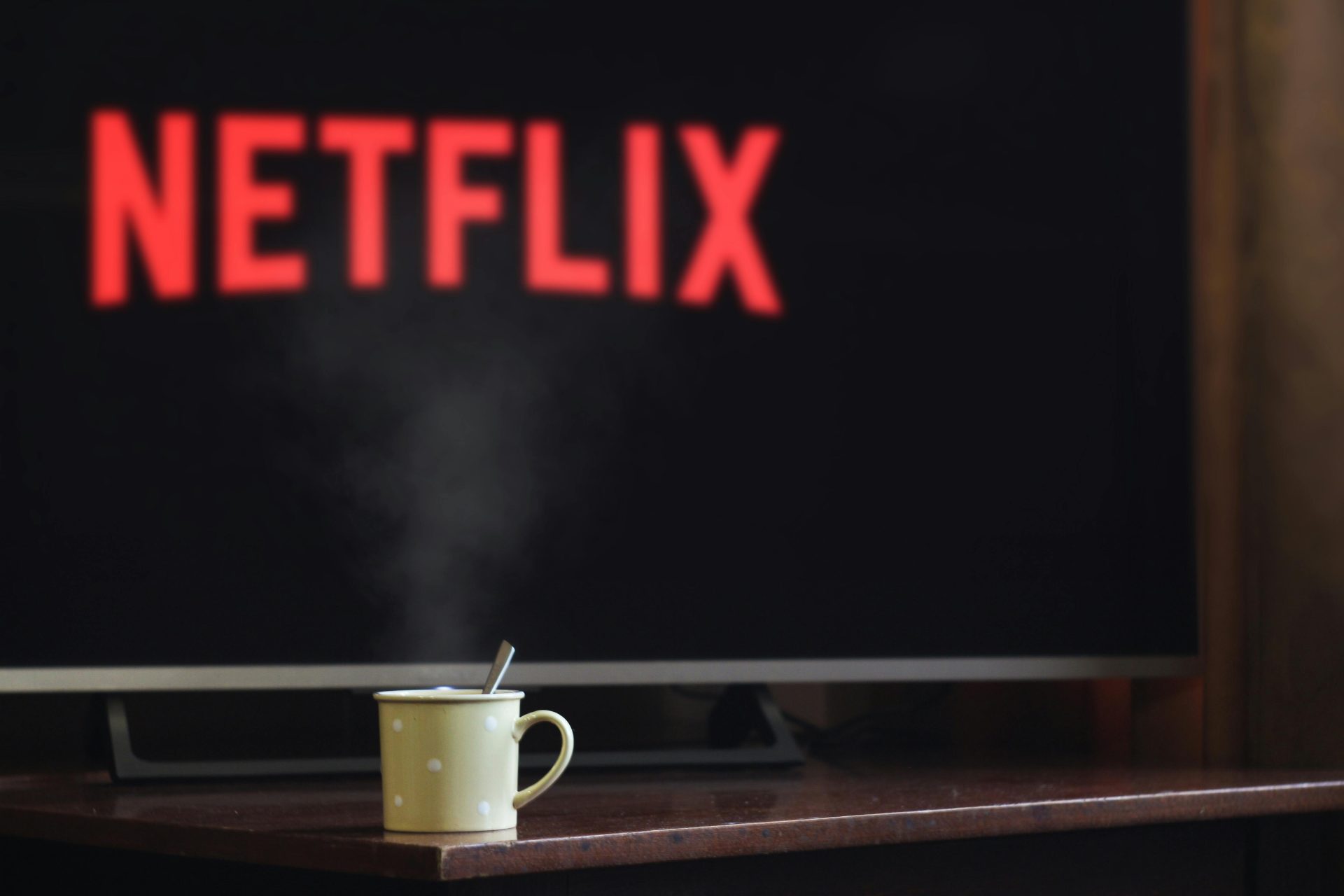Right, so there I was last Tuesday night, three episodes deep into some Danish crime drama on Netflix when the credits rolled and I found myself staring at that dreaded screen—you know the one. The “Because you watched…” carousel of algorithmic desperation, suggesting I might enjoy something called “Love Island: The Musical” or a documentary about competitive dog grooming. Neither appealed, obviously.
My finger hovered over the remote for what felt like an eternity before I did what any rational adult would do: I opened a new tab and started browsing Disney Plus. Because surely, I reasoned, the grass had to be greener over there. They’ve got Marvel, they’ve got Star Wars, they’ve got… well, everything that isn’t currently making me want to throw my television out the window.
This, as it turns out, was mistake number one in what would become a month-long odyssey through the streaming subscription wilderness that left me poorer, more confused, and oddly nostalgic for the days when you just watched whatever was on BBC One and liked it.
Let me paint you a picture of my viewing setup circa February 2025. I had Netflix (obviously), because canceling Netflix feels like admitting defeat in some fundamental way. It’s the streaming equivalent of keeping your gym membership active despite not having set foot in the place since the Blair administration. I also had Amazon Prime, but mainly for the free delivery—the fact that it came with streaming felt like a pleasant bonus, like finding a tenner in your jacket pocket.
But that night, staring at Netflix’s increasingly desperate content suggestions, I convinced myself that Disney Plus was the answer to all my entertainment woes. They’d just added a bunch of new Marvel series, hadn’t they? And surely their back catalogue was deeper than I remembered. Plus, Tom from the flat downstairs kept banging on about The Mandalorian like it was the Second Coming of Television.
So I signed up. £7.99 a month, which seemed reasonable enough. Less than a pint in central London these days, which admittedly isn’t saying much given that a pint in central London now costs roughly the same as a small car.
The first week was brilliant, I’ll give them that. I binged my way through three Marvel series, rewatched some childhood favorites, and felt smug about my decision. This was it—I’d cracked the code. Disney Plus was clearly superior to Netflix’s endless parade of reality shows about people falling in love while naked (yes, that’s apparently a thing now, and no, I don’t understand it either).
But then something funny happened. About ten days in, I found myself back on Netflix, scrolling aimlessly through the same content I’d been complaining about just weeks earlier. Because here’s the thing nobody tells you about streaming services—they’re brilliant for about a fortnight, and then they become just another digital library you’re paying to ignore.
This realization should have been enough to make me cancel Disney Plus and return to my regularly scheduled Netflix browsing. But instead, like some sort of subscription masochist, I decided the problem wasn’t that I’d overestimated Disney Plus—it was that I needed even more options. Enter Apple TV Plus.
Now, Apple TV Plus is a curious beast. It’s got about seventeen original shows, all of which are allegedly brilliant, and precisely nothing else. No back catalogue to speak of, no comfort viewing, just a handful of prestige dramas and comedies that everyone says are amazing but somehow never come up in actual conversation. It’s like the streaming equivalent of that friend who only reads literary fiction and judges you for enjoying anything with explosions.
I signed up anyway, obviously. Another £6.99 a month, because at this point I was committed to the experiment. Spent a weekend watching “Ted Lasso” (genuinely lovely, though I suspect I’m legally required to say that as a British person), started “The Morning Show” (depressing in ways I wasn’t prepared for), and then found myself, once again, back on Netflix browsing through the same carousel of mediocrity.
This pattern continued for weeks. I’d get frustrated with one platform, convince myself another had the answer, sign up, enjoy the novelty for a bit, then find myself gravitating back to the familiar disappointment of my original subscriptions. It was like being trapped in some sort of digital Groundhog Day, except instead of Bill Murray I had Reese Witherspoon and an increasingly concerned bank balance.
The breaking point came when I caught myself seriously considering Paramount Plus. Paramount Plus! A service I’m not entirely convinced actually exists outside of American marketing departments. But there I was, at 2 AM on a Wednesday, reading reviews and checking their content library like some sort of streaming addict hitting rock bottom.
That’s when it occurred to me to check something I hadn’t looked at in months—BBC iPlayer. Properly looked at it, I mean, not just the cursory glance I’d give it when trying to catch up on “Strictly” highlights.
Bloody hell. When did the BBC get so good?
There I was, drowning in a sea of paid subscriptions, each promising to be the solution to my entertainment needs, and I’d completely overlooked the free service that actually had the most content I wanted to watch. iPlayer was stuffed with documentaries I’d never heard of, comedy panel shows I’d missed, dramas that looked genuinely interesting, and a back catalogue that stretched back decades.
I spent the next three hours falling down a rabbit hole of BBC content, watching everything from nature documentaries to obscure sketch comedies from the ’90s. It was like rediscovering television all over again, except without the monthly subscription fee slowly bleeding my bank account dry.
This led me to BritBox, which I’d previously dismissed as “just old BBC shows.” Another tenner a month, but this time it felt different. This wasn’t chasing some algorithmic promise of personalized content—this was diving into decades of British television history. Proper telly, made by people who understood that sometimes the best entertainment doesn’t need explosions or reality show drama.
The irony wasn’t lost on me that I’d spent weeks bouncing between American streaming giants, convinced that more choice meant better content, only to find that what I actually wanted had been sitting there the entire time, either free or significantly cheaper than my international subscriptions.
Here’s what nobody tells you about streaming services: they’re all operating on the same basic principle as a casino. They want you inside, they want you spending money, and they want you convinced that the next thing you watch will be the one that justifies the subscription. But just like a casino, the house always wins, and you end up spending more time choosing what to watch than actually watching anything.
Netflix might have hundreds of thousands of hours of content, but how much of it do you actually want to watch? Disney Plus might have Marvel and Star Wars, but once you’ve caught up on the latest series, what then? Apple TV Plus might have prestige dramas, but can you really justify a monthly subscription for the occasional weekend binge?
Meanwhile, the BBC—the bloody BBC, which we all take for granted and occasionally complain about—is sitting there with more genuine quality content than I could watch in a year, funded by a license fee that works out to less per month than any of these streaming services.
Last week I finally bit the bullet and canceled half my subscriptions. Kept Netflix (because I’m not completely mad), added BritBox properly, and made peace with the fact that maybe having slightly fewer options isn’t the end of the world.
The grass isn’t greener on the other side of the streaming fence—it’s just a different shade of the same artificial turf. Sometimes the best content is right where you started, you just stopped noticing it because someone convinced you that newer and more expensive must be better.
My bank balance certainly seems happier with this arrangement, and I haven’t once found myself at 2 AM contemplating whether Paramount Plus might be the answer to my entertainment prayers. That’s got to count for something.


